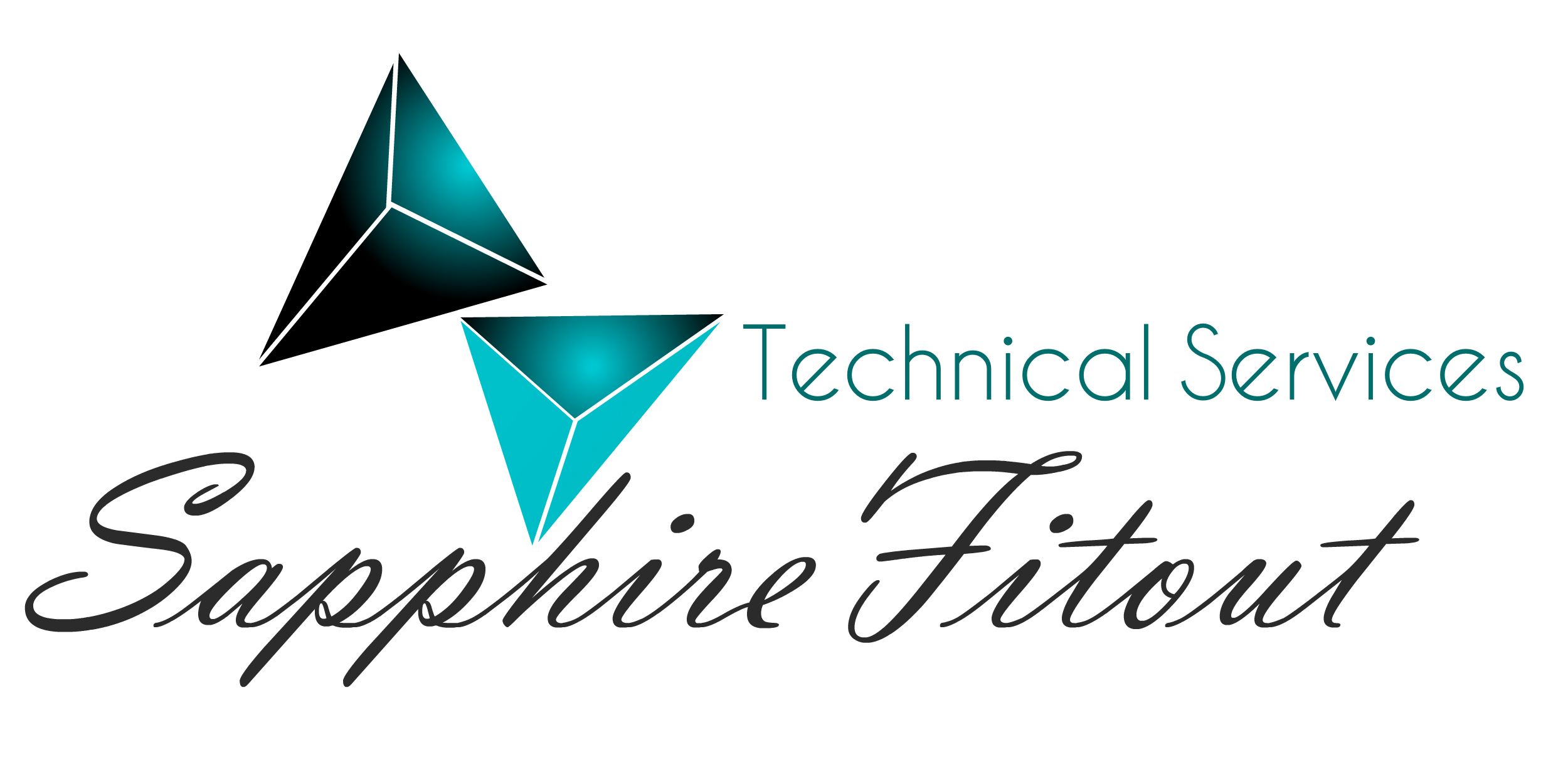With cybersecurity becoming a hot topic of discussion at April’s ISC West and ISC West, many integrators are contemplating whether to deploy access control or encryption security solutions. Both options have advantages however encryption is a more robust way to guard information and data against hackers.
Data encryption helps keep confidential information private by turning it into a code that can only be deciphered by a specific key. It is used in everything from websites with SSL to virtual private networks (VPNs) and protects the data that goes between computers and networks, as well as the data that stays stored in databases or transferred over the internet.
While this is a good security measure, it’s not foolproof. If the algorithm is weak, or if the key is found, it could be hacked. This is why encryption must be utilized in combination with other security measures, such as the authentication process and strict data control.
In general, access control controls who and when someone can gain physical or logical access to an area, such as restricting campus access with gates and building locks as well as rooms, or limiting the device’s access to a system through the imposition of a firewall, IPS/IDS and other network and hardware restrictions. There are a variety of ways to implement the logical access control. These include access management based on role, as well as other tools.
It is an essential part of the puzzle required by businesses to safeguard their data from cyberattacks. It’s often required or strongly encouraged by compliance regulations, like HIPAA, PCI DSS and GDPR.




